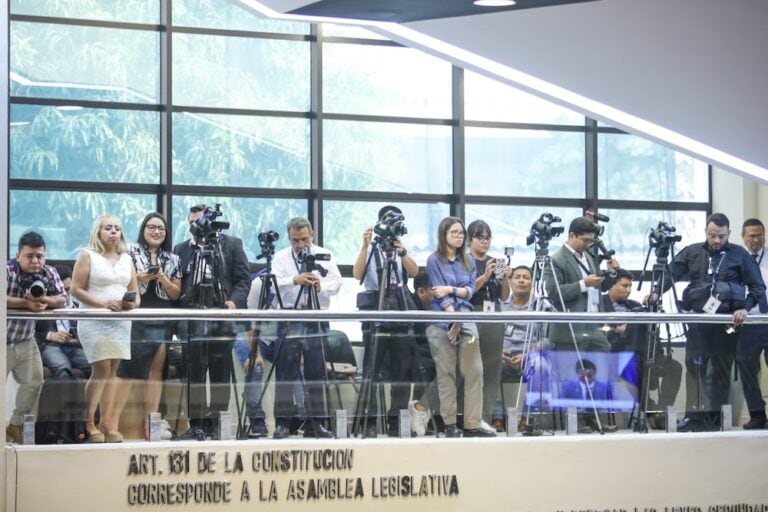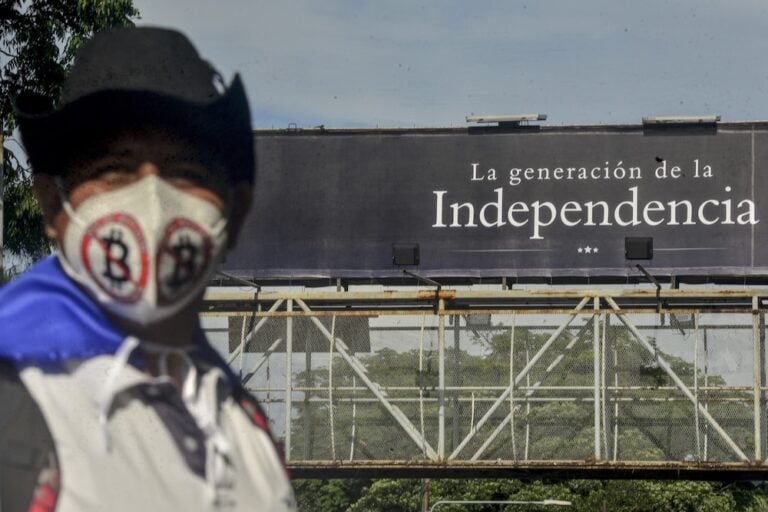(RSF/IFEX) – In a letter to Attorney General Belisario Artiga, RSF protested the charge of “crime against his honour”, which deputy Francisco Merino has brought against four journalists from the daily “La Prensa Gráfica”, and one journalist from the daily “El Mundo”. RSF called on the attorney general to reject the charges filed by the […]
(RSF/IFEX) – In a letter to Attorney General Belisario Artiga, RSF protested the charge of “crime against his honour”, which deputy Francisco Merino has brought against four journalists from the daily “La Prensa Gráfica”, and one journalist from the daily “El Mundo”. RSF called on the attorney general to reject the charges filed by the deputy. “The Inter-American Commission on Human Rights (IACHR) considers ‘insult’ (desacato) laws to be a threat to freedom of expression and the right to information,” recalled Robert Ménard, RSF’s secretary-general.
According to information obtained by RSF, on 6 March 2001, Merino, National Conciliation Party (Partido de Conciliacion Nacional, PCN) deputy, filed charges for “crimes against his honour” against Alfredo Hernández, Mauricio Bolaños, Gregorio Morán and José Zometa, from “La Prensa Gráfica”. The newspaper had reported on charges that Judge Ana María Guzmán Morales has brought against Merino. The judge, who is investigating a case in which the deputy is implicated, had stated that he threatened her. Merino also pressed charges against Camila Calles, from “El Mundo”, for the same reason. According to Articles 339 and 400 of the Criminal Code on “crimes against honour”, the five journalists risk criminal proceedings and sentences of six months to three years in prison. Merino is the former vice-president of El Salvador (1994-1999).
RSF recalled that Article 11 of the Declaration of Principles on Freedom of Expression adopted by the IACHR, states that “laws that penalize offensive expressions directed at public officials (…) restrict freedom of expression and the right to information”. Furthermore, in a text adopted in January 2000, the United Nations’ Special Rapporteur on the promotion and protection of the right to freedom of opinion and expression clearly established that “imprisonment as a result of the peaceful expression of an opinion constitutes a serious violation of human rights.”


